
Shareholders At Spotify Can Get Their Payouts Any Time

Last Wednesday, global music site Spotify filed for an incredulous offering to the general public. The classification will not include a conventional access period during the time and key shareholders will have possession of their shares only for a limited period of time. However, this step may not be safe for Spotify’s clients and investors.
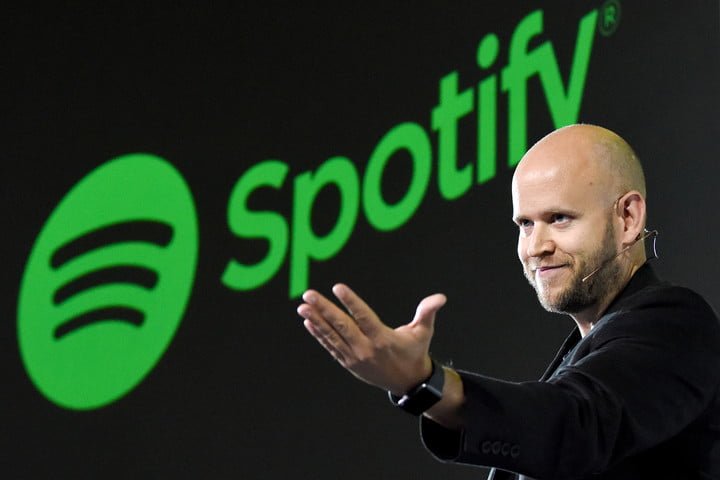
The CEO of Spotify, Daniel EK, spotted at an event
Although the company is doing everything within its power to ensure the continuation of a strong and rewarding relationship between itself and its shareholders, it’s also looking for ways to avoid hitches in its operations. As part of its plans to achieve this, Spotify is introducing a policy to make its ordinary shares more tradable.
Marketing Share
One of the numerous items of the packages being offered by the entertainment company is a special reward for all its old-time clients which allows them to get their payments anytime they wish. This special feature has set apart the much-awaited Spotify’s marketing share from the regular IPO that e-commerce community is known for.
Spotify filed for an uncommon offering on the 28 February 2018 but it didn’t include the names of underwriters. There will also be an absence of an access time which usually lasts 180 days, during the time when the recognized shareholders are normally prohibited from trading their shares in order to prevent hazardous inflow into the market.
In an official press statement released by the company, Spotify explained that as a result of this step, every member among its shareholders, such as its officers and executives who already have stakes in Spotify’s shares and many other critical investors, are free to trade a part of any or every part of their shares anytime they want. It should remain permissible under the standards of the relevant laws. This policy will be effective as soon as the listing is made available.
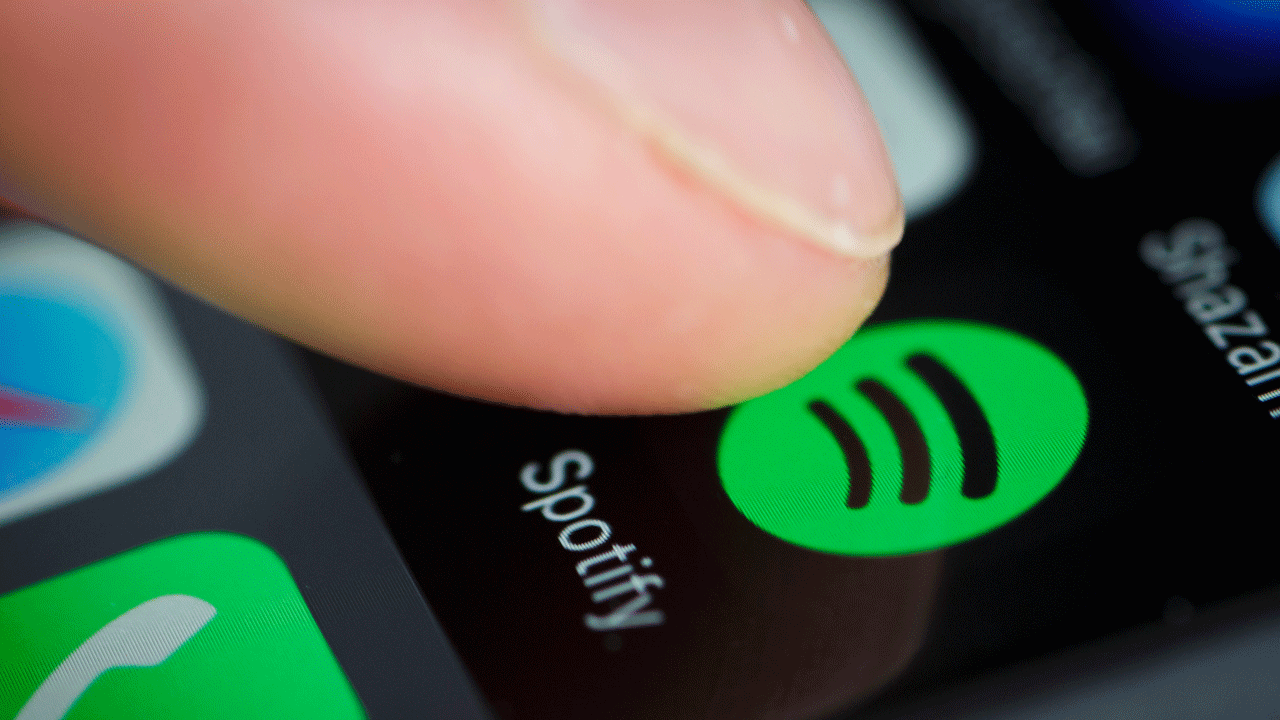 Spotify has recently offered an IPO worth $1 billion.
Spotify has recently offered an IPO worth $1 billion.
On the other hand, one particular China-based e-commerce company, Tencent, which has 7.6% ordinary shares at Spotify will be excluded from the policy. As stated in the filing, allies working with Tencent, which includes Tencent Music Entertainment Group(TMEG), have accepted the management’s decision not to trade ordinary shares for as long as a three-year gap, starting from 15th December 2017.
Spotify’s CEO, Daniel Ek, and his partner, who is also the co-founder, Martin Lorentzon, are not bound by the stipulated agreement. Ek possesses 25.8% of Spotify while Lorentzon possesses 14.1% of the company. Other investors who are not bound by this policy are Technology Crossover Ventures, with 5.5%; Sony, 5.8%; and Tiger Global, 6.8%.
When the access period comes to a close, this new development has the power to cause intensive skyrocketed flexibility for some stock. A closely related case study is Snap. As of last year, the founder and CEO of Snap, Evan Spiegel, already resolved not to trade the company’s shares for the one whole year because of the IPO. Unfortunately for him and the company, the value of stock came down around the end of July and the beginning of August, when the access period came to an end.
Risks Involved
Another problem is the internal trades which also have the potential of putting anxiety in the market, and this can make the company’s key affiliates and shareholders lose faith in the potential of the shares.
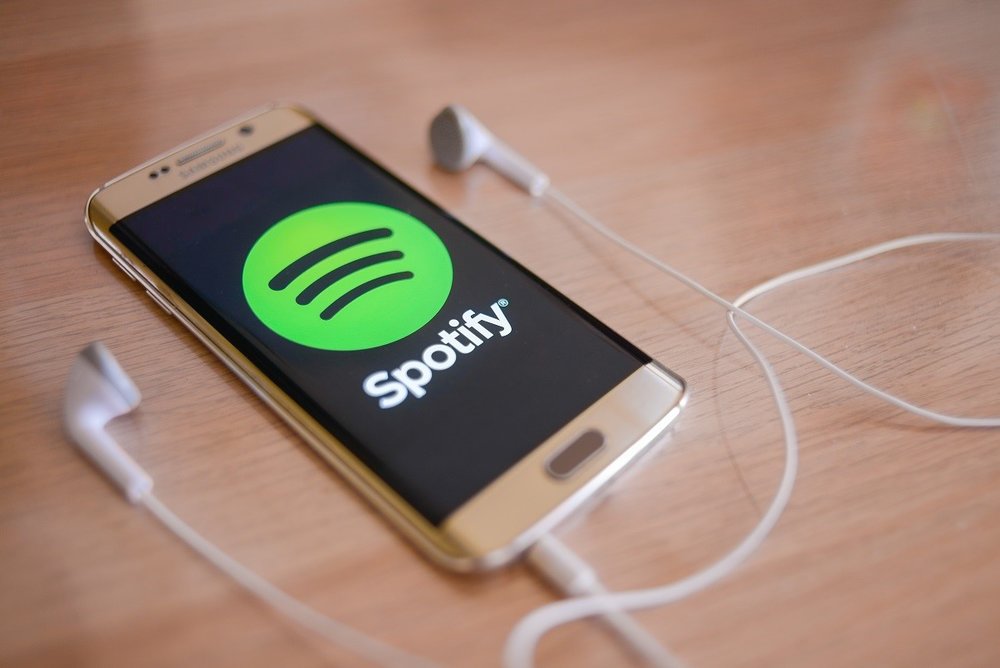 Spotify’s recent launch is laced with concerns.
Spotify’s recent launch is laced with concerns.
Spotify listed four dangers in the column which contained the types of risks involved in having ordinary shares. One of them is the lack of a lock-up grace period. Another possible factor that was considered as risk-factors is the absence of underwriters which is a stipulated standard price. A consequence of such risks would be that a flat amount of shares for trading would be missing, and a public awareness campaign like a public walk would not be held to advertise the offering.
The spokesperson for the company explained that such type of dissimilarities from an original public offering which has been underwritten might lead to an elusive price value of the market for its ordinary shares. It will also affect the quantity of sale as well as will negatively affect the investors’ capacity to trade their ordinary shares.
More in Business
-
`
Streaming Giant Netflix Faces Yet Another Challenge
In the ever-evolving landscape of streaming entertainment, Netflix, once the unchallenged king of digital content, now faces a complex puzzle beyond...
December 1, 2023 -
`
Signs You Should Quit Your Current Job & Move On
You Don’t Feel Comfortable at Work Imagine spending the majority of your waking hours in a place where you feel uneasy,...
November 20, 2023 -
`
How to Adjust and Renew Your Portfolio
Investing in the financial world is like navigating an ever-changing landscape—constantly evolving, always shifting. The key to staying on track? Regularly...
November 18, 2023 -
`
Dr. Dre’s Divorce With Nicole Young: A Closer Look
When the beats of old-school hip-hop start bumping, Dr. Dre’s name reverberates in fans’ minds worldwide. Born as Andre Young, this...
November 12, 2023 -
`
Why Branded Content Is the Best Way to Connect With Your Audience
Have you ever found yourself deep in a compelling article or engrossed in a video series, only to later discover that...
November 5, 2023 -
`
Why the Gender Pay Gap Could Be Getting Worse | New Research Findings
At a time when women are making significant strides in various professional arenas, a new report throws light on a trend...
October 28, 2023 -
`
What Is a Bull Market and How Can Investors Benefit From One?
In finance, the term “bull market” is frequently used to describe a period of optimism, rising asset prices, and investor confidence....
October 19, 2023 -
`
A-List Power Couples Where the Women Make More Money
In an era of shifting gender roles and evolving definitions of success, it’s increasingly common to find celebrity couples where the...
October 15, 2023 -
`
Massive Price Cuts: Tesla Only Witnesses ‘Modest’ Sales Gain in China
Cutting Down Prices, But Not Cutting the Mustard? Summer 2023 brought with it a promise of sunshine and relaxation. For Tesla...
October 8, 2023

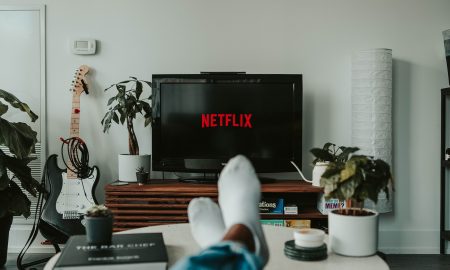





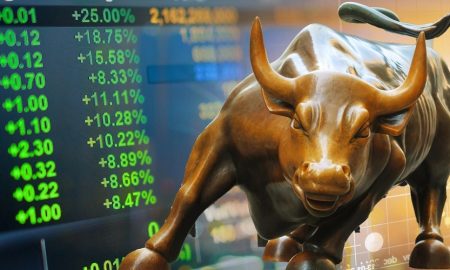







You must be logged in to post a comment Login